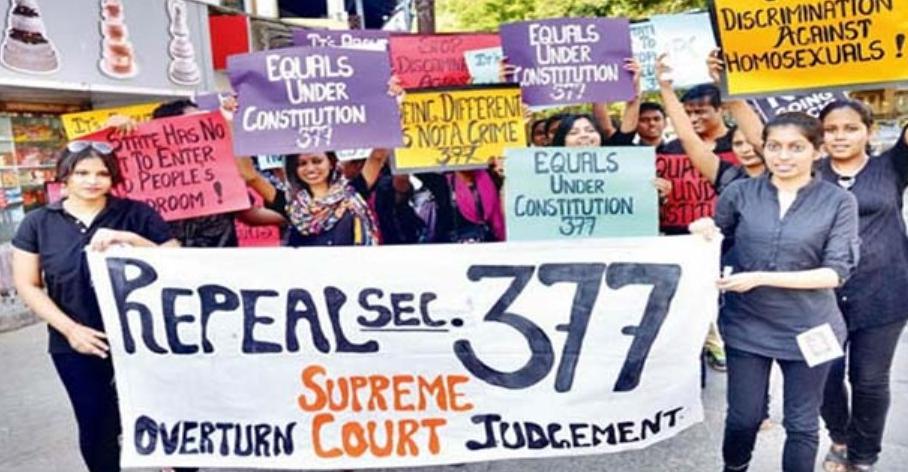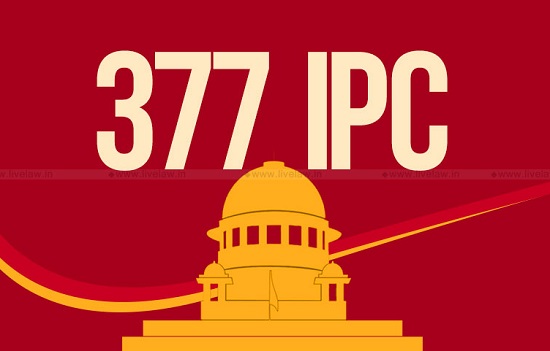Updated By: LatestGKGS Desk
About IPC Section 377 Details, Existence History

About IPC Section 377 Details, Existence History
The Indian Penal Code (IPS) Section 377 existed ever since the Indian Penal Code came into existence in 1860, during the British rule India.
The Indian Penal Code (IPS) Section 377 holds that whoever, voluntarily, has carnal intercourse against the order of nature with any man, woman or animal, commits an unnatural offense.
Under the IPC Section 377, a person whoever voluntarily has carnal intercourse against the order of nature with any man, woman or animal, shall be punished with imprisonment for life, or with imprisonment of either description for a term which may extend to 10 years, and shall also be liable to fine.
The issue of Section 377 was first raised by an NGO, Naaz Foundation, and AIDS Bedhbhav Virodh Andolan, in the Delhi high court in 2001. Both the petitions were dismissed in the court.
The Supreme Court of India (SC) comprising of five bench judges penal on 6th September 2018, had decriminalized Section 377 of the Indian Penal Code (IPC) by partially striking down some of its provisions altogether legalizing homosexuality and Gay sexual intercourse.


